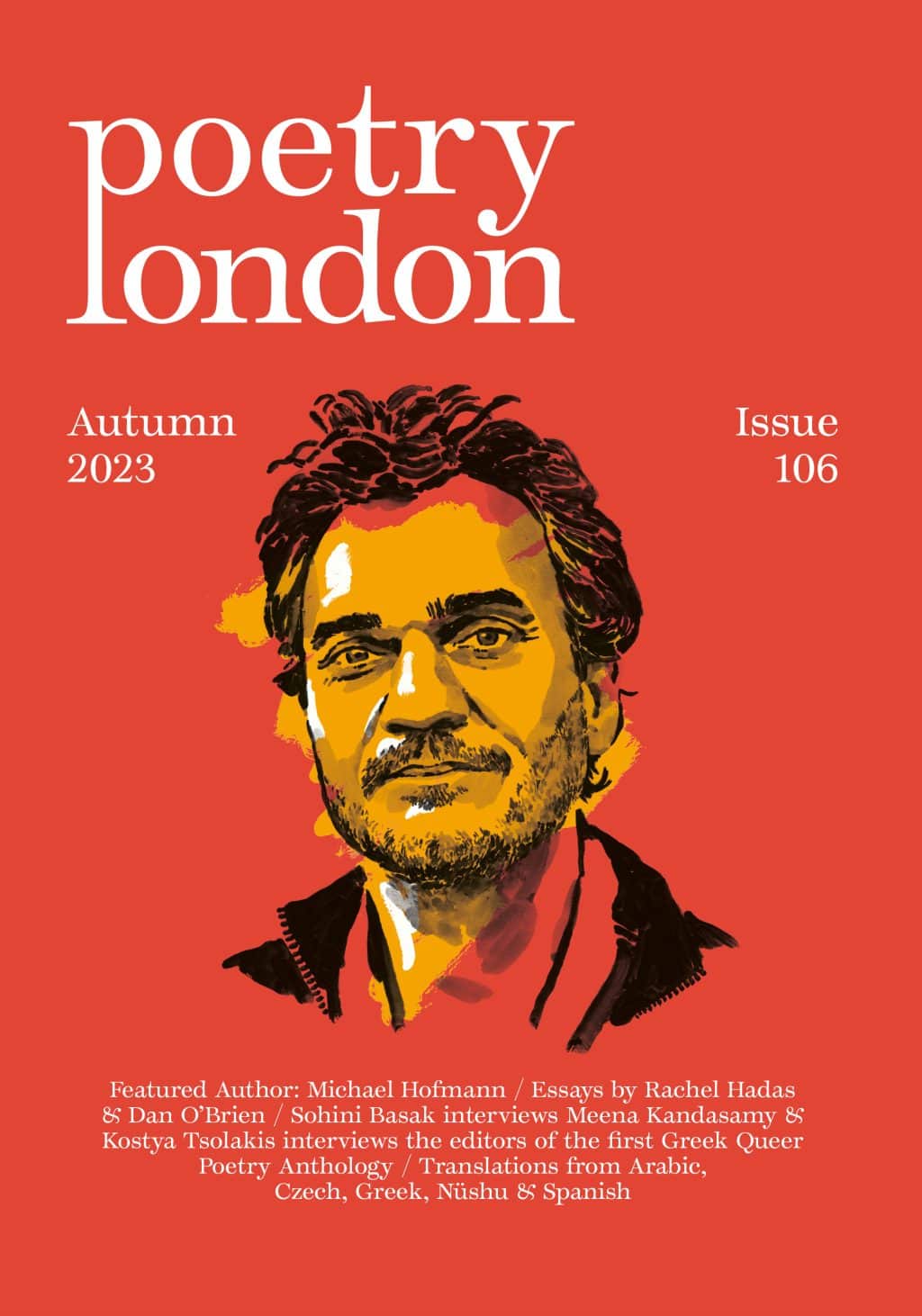Instruments of the imagination
In a recent feature in the FT, a journalist quotes the painter Frank Auerbach as saying ‘some people are natural draughtsmen. I sometimes feel sorry for them – you have to work through that to something deeper. I don’t know how you would break up an easy virtuosity’, which brings me back (somehow) to Shelley’s A Defence of Poetry, in which he writes that:
Reason is the enumeration of qualities already known; imagination is the perception of the value of those qualities, both separately and as a whole. Reason respects the differences, and imagination the similitudes of things. Reason is to imagination as the instrument to the agent, as the body to the spirit, as the shadow to the substance.
Of course, since Shelley wrote this, the ‘instruments’ of poetry have, in many ways, proliferated, so that perhaps the ‘virtuosity’ we expect of the poet today must incorporate a wider array of techniques, and the techniques through which the poet must ‘work through… to something deeper’ are more various.
Certainly, in this issue of Poetry London there is an abundance of technical and formal variation, from Christopher Middleton’s beautifully irregular syntax, through David Harsent’s wrought cadences, Rachael Allen’s found prose lyrics, Matthew Dickman’s seemingly easy, perfectly brutal poems and Toby Martinez de las Rivas’ marginalia.
The breadth of poetics on display in this issue, from Sean O’Brien to Sarah Howe, continues the editorial approach of Colette Bryce (and, indeed, her predecessors) – something I greatly admired and appreciated as both a reader and contributor under Colette’s editorship – it is also, I hope, indicative of the magazine’s focus in future issues.
If I have one ambition in my role as Poetry London’s new Poetry Editor, it is simply to produce a magazine without preconceived ideas about what, following Shelley, we might call the ‘instruments of the imagination’ with which the poems published might be produced; a magazine that is completely open to the variety of poetics and poetic inheritances that constitute contemporary poetry today, so that the only criteria for publication is that whatever style or form the poet might write in, the poems they produce are precisely the product of the same process that Auerbach describes: a pushing beyond of virtuosity to something deeper, what Shelley elsewhere in his Defence of Poetry called an ‘expression of the imagination’.
And here, I am reminded (again, somehow) of a line from CK Williams (perhaps the paradigm of a poet going beyond his own easy virtuosity) that appears in his great poem The Gas Station: ‘Freud, Marx, Fathers, tell me, what am I, doing this, telling this…’. Which is to say that I hope the poetic ‘fathers’ and, indeed, ‘mothers’ one hears echoed in this issue are as varied and various as they can be. Certainly, the truly excellent poems selected by Pascale Petit as winners of this year’s Poetry London competition fulfill such an aspiration, offering virtuosic and genuinely affecting poems in very different styles, all three of which are wonderful additions to this issue of the magazine.
To return to one of the first editorials of what was then Poetry London Newsletter, our founding editor, Leon Cych, wrote that the newsletter would be a ‘forum and bulletin board for the exchange of ideas’. Though much might have changed at Poetry London since then, and not simply its name, I hope that the magazine will continue to be precisely such a forum, where poets of very different styles, and readers with a myriad of different tastes, can all find something they immediately connect with, as well as discovering the new, the difficult and the unexpected. As Pound wrote in his brilliantly acerbic address to Whitman:
Now is a time for carving.
We have one sap and one root –
Let there be commerce between us.

